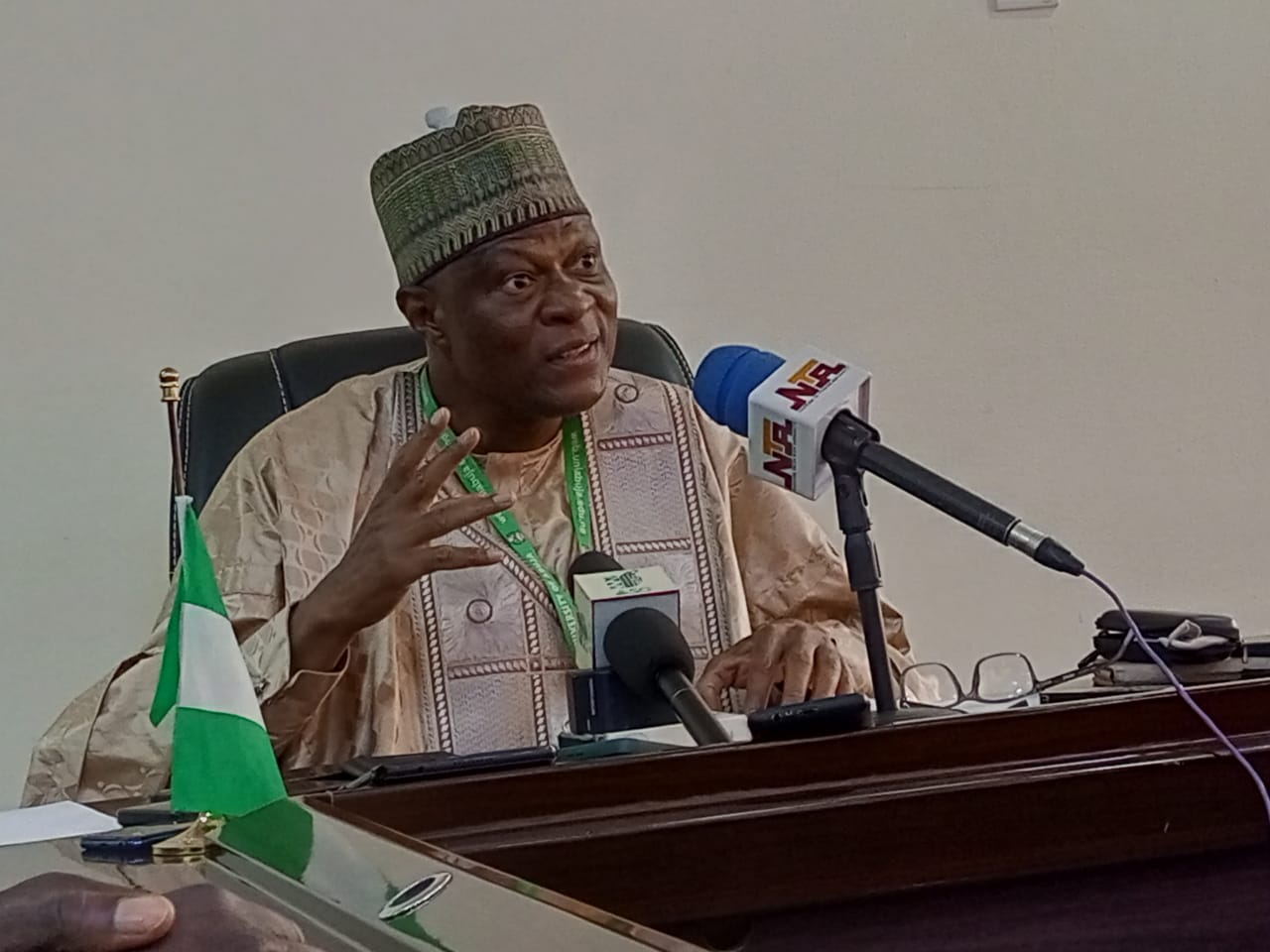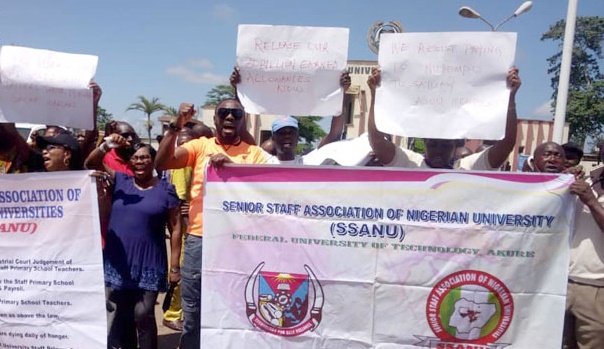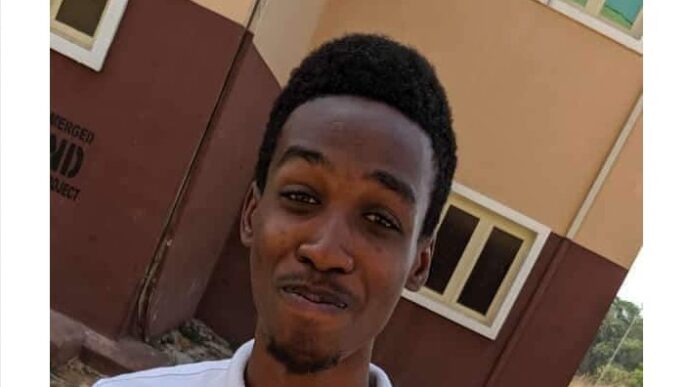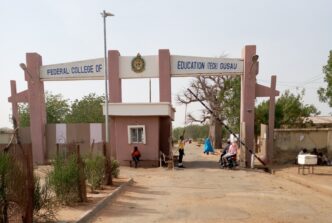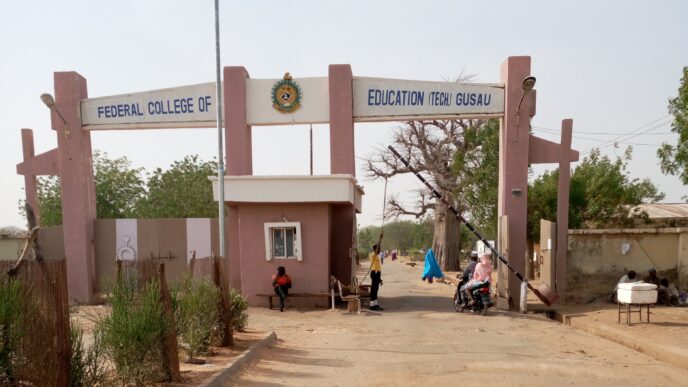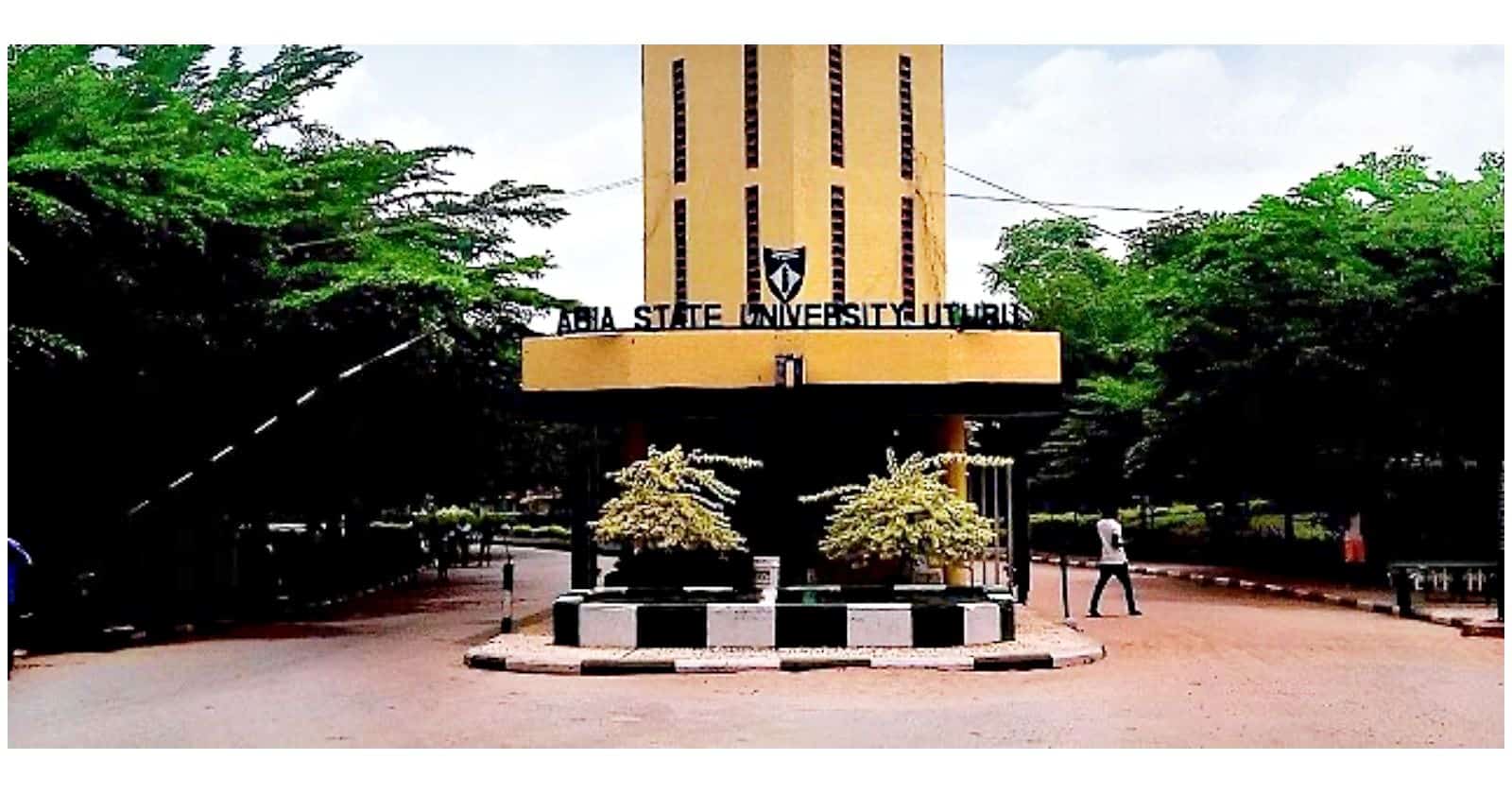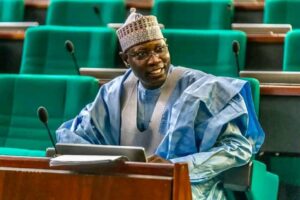Six lecturers are in a court tussle with Rasheed Na’Allah, the vice-chancellor of the University of Abuja (UniAbuja).
The dispute, over which a verdict is expected to be delivered in an accelerated hearing, borders on UniAbuja’s internal council election.
Governing councils comprise state-appointed external members and elected internal members from the school senate and congregation.
At UniAbuja, the congregation typically gets two slots during internal council elections while the senate is allotted four places to make six.
Advertisement
A governing council would normally have a four-year tenure. The election for UniAbuja’s ninth internal council was held in 2021.
In 2023, the National Universities Commission (NUC) dissolved the governing councils of federal varsities on a presidential directive.
In June 2024, reconstituted governing councils for federal institutions including varsities, polytechnics, and colleges were approved.
Advertisement
Since UniAbuja’s ninth internal council had served only two years before the dissolution, discord broke out over whether a successive internal council should be elected or the ninth one should be allowed to work alongside the tenth state-appointed external members.
The lawsuit against UniAbuja VC
On May 28, UniAbuja’s management under Rasheed Na’Allah opted to conduct an election for what was intended to be its tenth council.
This did not sit well with the six ousted senior lecturers of the ninth council who had quickly filed a lawsuit against the vice-chancellor.
Advertisement
The aggrieved senior lecturers include Saint Gbilekaa, Edmund Nwanna, Sunday Ejaro, Kasim Umar, Wesley Nafarnda, and Uju Patrick.
The suit marked “FHC/ABJ/CS/683/2024” sought an injunction for all parties to maintain the status quo pending the case’s outcome.
Among the defendants are the president, the attorney-general of the federation, and the NUC as the second to fourth respectively.
The plaintiffs sought an injunction restraining the second to fourth defendants from recognising, accepting, or otherwise having anything to do with the persons purportedly elected as internal members of the university’s governing council.
Advertisement
They sought a court order restraining Na’Allah from setting up any panel to discipline the six lecturers pending the lawsuit.
A high court in Abuja summoned Na’Allah to explain why plans to inaugurate the newly elected council members should not be stopped.
Advertisement
UniAbuja council election dispute set for verdict
The latest hearing on the suit was on Thursday when the court adjourned the matter until a yet-to-be-determined date for its verdict.
Advertisement
During the session, the lecturers adopted their processes and argued their case for the suit before the judge Inyang Ekwo.
The outcome of the suit, stakeholders in the academic community say, will put Section 2A, 2 (3) of the Universities (Miscellaneous Provisions) (Amendment) Act 2003 (otherwise called the Universities Autonomy Act No. 1, 2007) to test.
Advertisement
In the originating summons, the lecturers asked the court to determine if it is lawful for Na’Allah to arbitrarily conduct fresh senate and congregation council elections when the four-year tenure of the previously elected members is still subsisting.
They sought to restrain the VC from taking any steps towards conducting fresh elections until July 15, 2025, when their tenure will elapse.
Ekwo had, on June 7, ordered Na’Allah to appear before the court on June 13 to explain why the planned inauguration should not halt.
The VC, through his lawyer, Ogwu Onoja, in compliance with the order, filed a June 11 affidavit to show cause.
He also filed a counter affidavit and a notice of preliminary objection urging the court to dismiss the suit for lacking merit.

